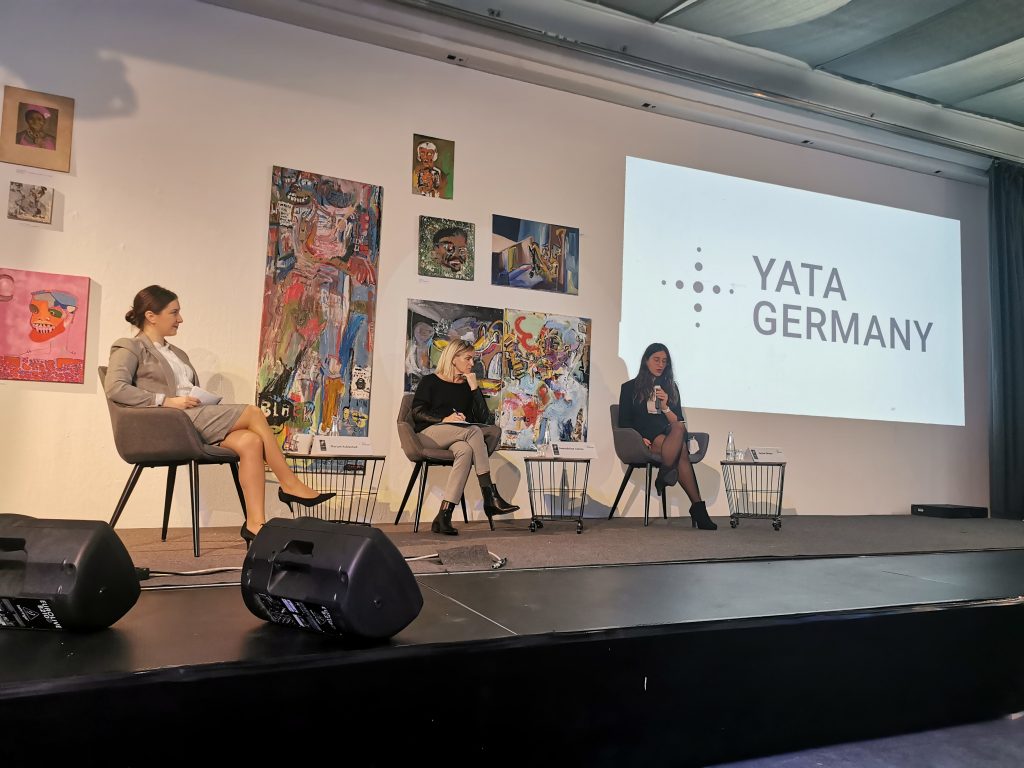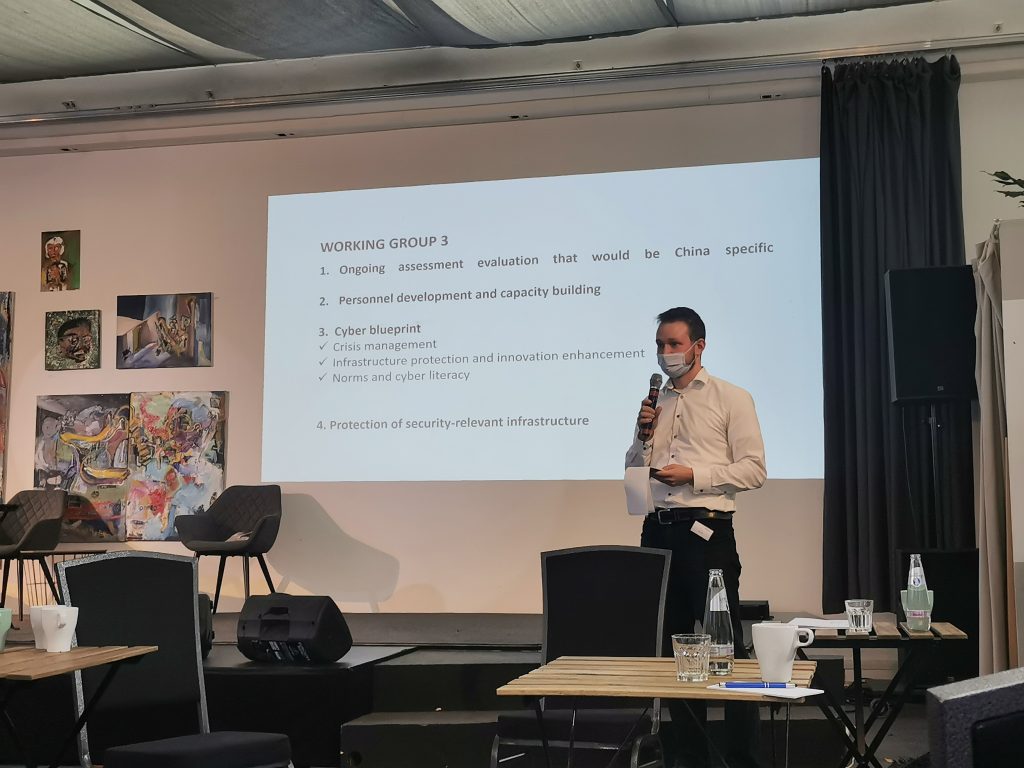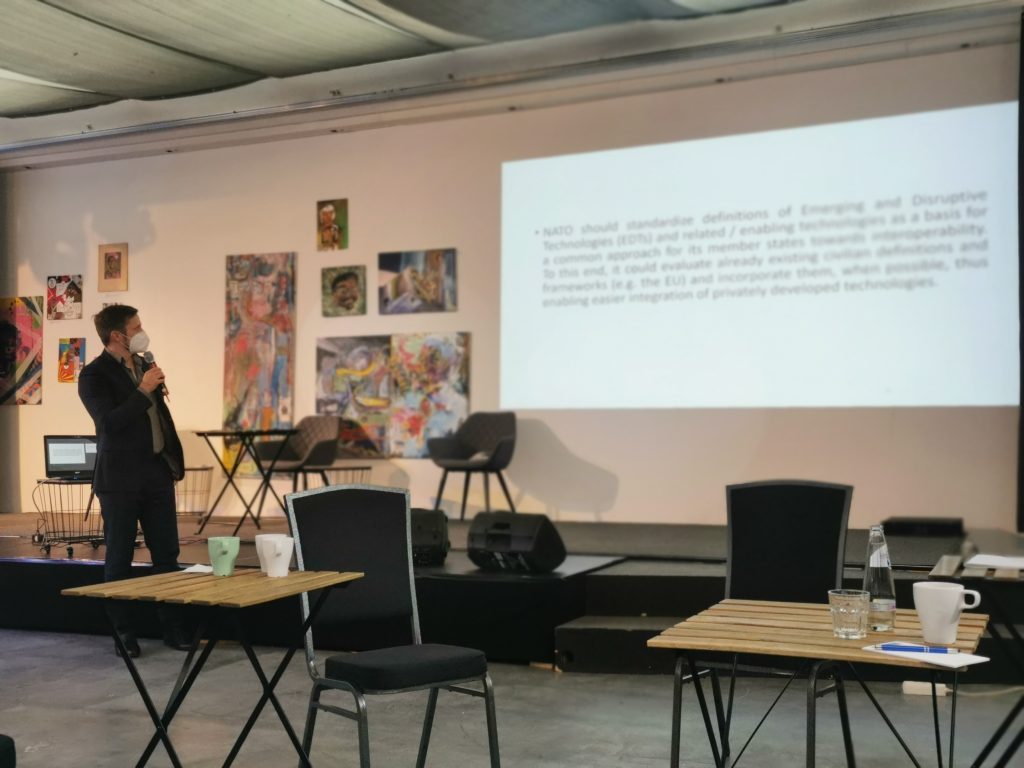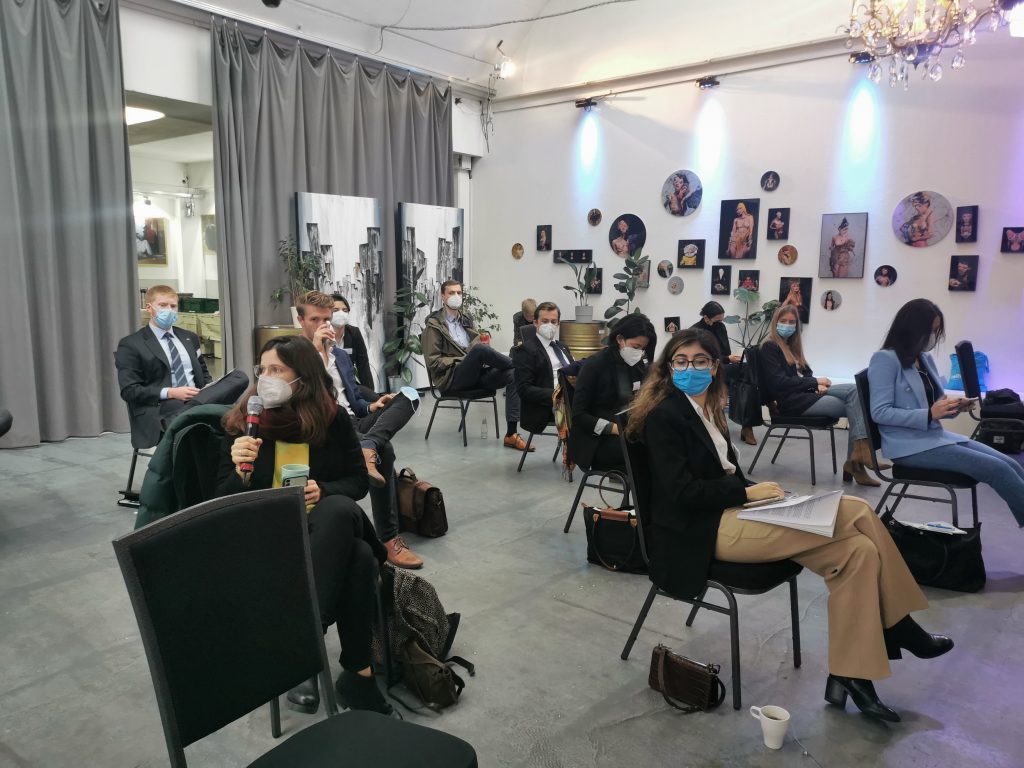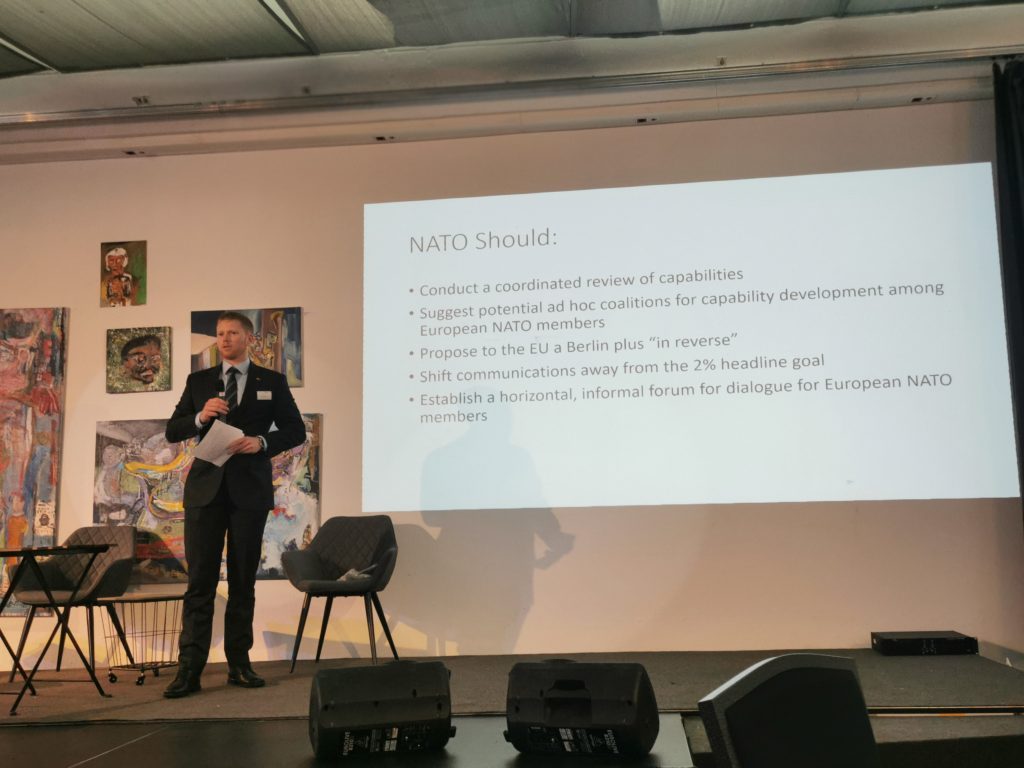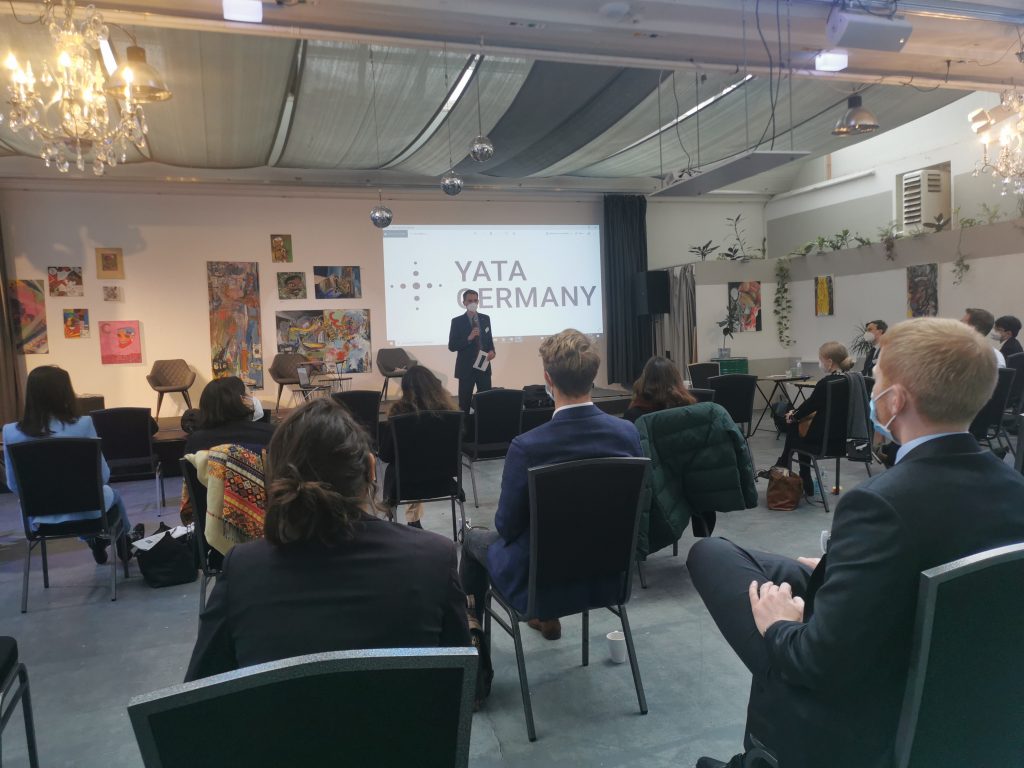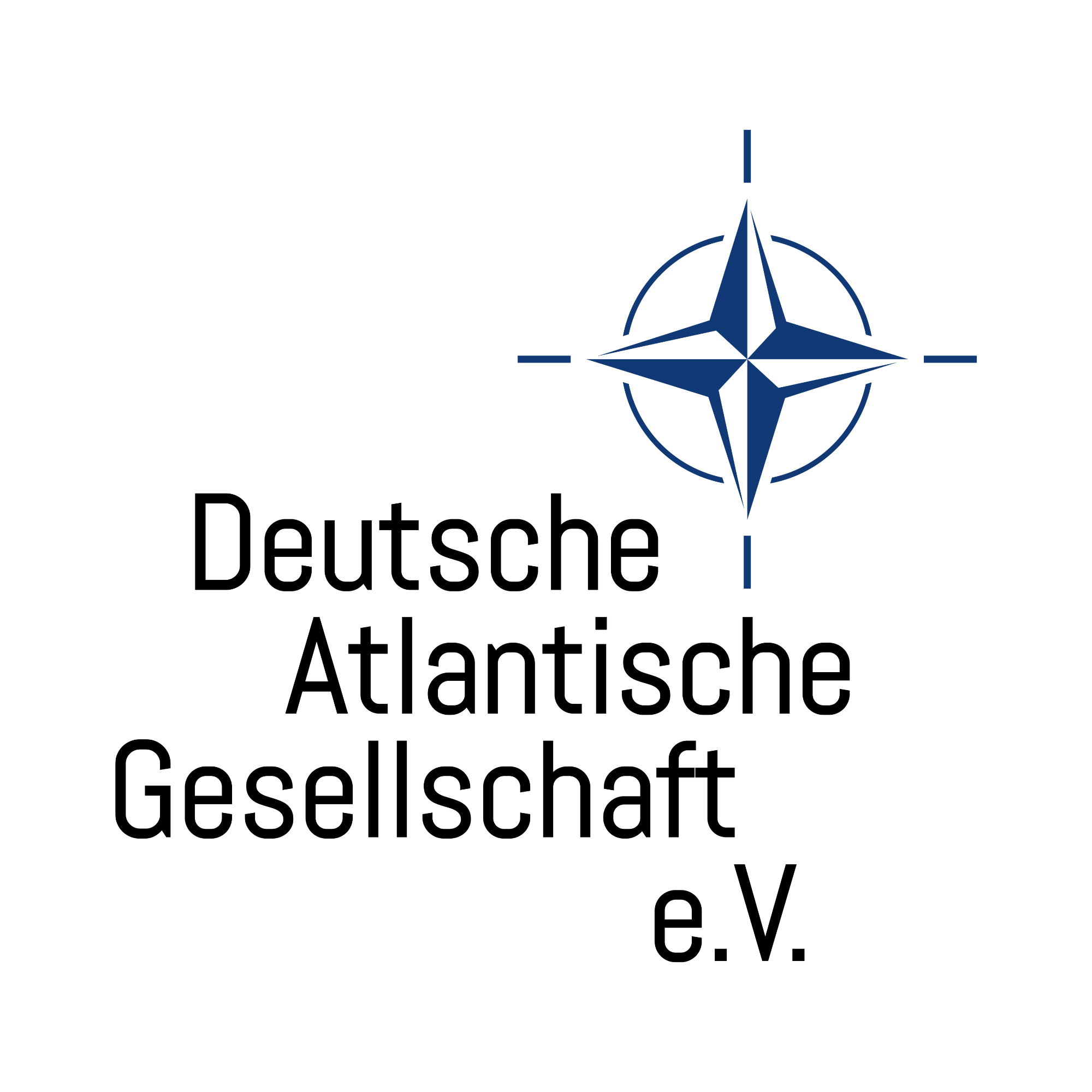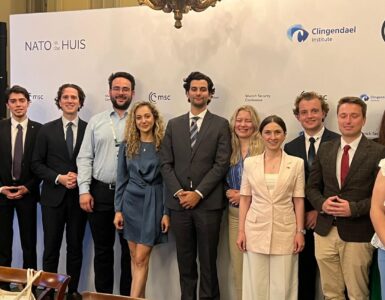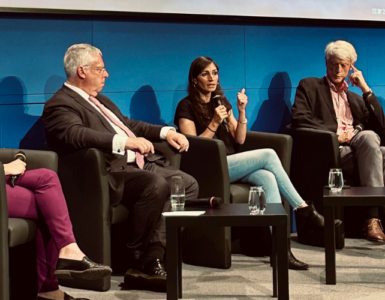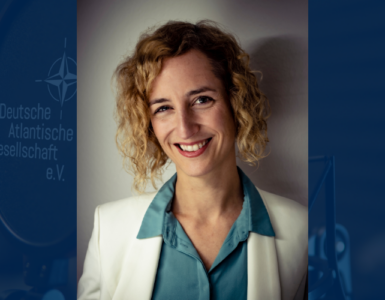Big thank you to all participants of our NATOs Future Seminar 2021. Everyone showed great commitment to shape the future of NATO and transatlantic relations through their essays, comments & great discussions.
The essay as well as the final recommendations can be found here.
NF-Seminar-Booklet_YATAGER_2021 NFS2021_recommendationsThe 2021 NATO’s Future Seminar took place from November 19–21 in Berlin, bringing together over 25 emerging leaders from NATO Member States and Partnership for Peace countries. The seminar gathered individuals working and studying across a broad range of topics related to the transatlantic partnership – from security and defense to international law and democratic transitions.
The seminar was hosted on the sidelines of the 2021 NATO Talk Conference, which was hosted in Berlin by the German Atlantic Association and the Federal Academy for Security Policy. Participants were able to tune in to Secretary General Jens Stoltenberg’s remarks, which emphasized the various challenges which NATO must respond to today and the necessity of transatlantic unity in the face of these ever-evolving threats. Further, the Secretary General discussed in detail the importance of increased EU-NATO cooperation and expressed his support for European allies as they seek to develop greater capabilities across the European continent.
The NATO’s Future seminar was centered on three broad themes:
- The ability to innovate: How the Alliance integrates operational readiness, innovation and modernity.
- NATO’s European pillar: Shape, size, and function?
- New era of transatlantic cooperation: A common position towards China?
The first panel brought together experts from NATO, European Institutions, and the private sector to discuss the critical role of Emerging Disruptive Technologies (EDTs) and innovation in shaping the future of NATO. Panelists also discussed the ethical complexities of rapid technological development, and the roles their individual sectors and organizations play in attempting to balance the strategic imperative for rapid and constant innovation, and the ethical, legal, and human elements which constrain their missions.
Panelists included:
- Denis Mujkanovic, Program Leader, Digital Transition Customer Service, DHL
- Moritz Zimmerman, Staff Officer, Innovation Unit, Emerging Security Challenges Division, NATO
- Andre Loesekrug-Pietri, Chairman, Joint European Disruptive Initiative
After two working group sessions during which participants began crafting their own policy recommendations for NATO, the second panel gathered to outline and discuss NATO’s European Pillar. Still a nebulous concept in many ways, the panelists sought to imagine what a European pillar might concretely mean for the Alliance – in terms of feasibility, capabilities, in relation to NATO, and within the context of transatlantic unity. With diverging interests and perspectives, the panelists fostered a lively and broad discussion on the meaning and possibilities of a European pillar for NATO.
Panelists included:
- Hugo Meijer, CNRS Research Fellow, Center for International Studies, Sciences Po
- Jan Fuhrmann, Security and Risk Consultant, Secori Advisors
- Eric Povel, Program Officer, Engagements Section, Public Diplomacy Division, NATO
The last day of the seminar kicked-off with a working group session dedicated to consolidating policy recommendations. Shortly after, the third and final panel provided a thorough overview of the current challenge which NATO faces as it shapes its strategy vis-à-vis China. A distinctly Atlantic-centric organization, NATO faces a whole new landscape of risks and opportunities as the Alliance drafts its 2022 Strategic Concept. China’s growing role as a complex geopolitical actor will continue to impact NATO’s strategic direction, but it remains to be seen where this renewed focus on the Indo-Pacific actor will take the Alliance.
Panelists included:
- Gesine Weber, Program Coordinator, Paris Office of the German Marshall Fund of the United States
- Gwendoline Vamos, Political Affairs Officer, NATO
After a weekend of deliberation and drafting, participants concluded the seminar by sharing the policy recommendations crafted by each working group.
Group 1, which focused on the theme of innovation, presented recommendations which aim to standardize definitions of EDTs, systematically evaluate their ethical implications in the context of the Alliance’s value system, enhance public-private partnerships and engagement with the academic sector, and, finally, help NATO overcome risk-averse tendencies through private sector partnerships.
Group 2 sought to frame the concept of a European Pillar for NATO by first proposing a coordinate review of capabilities that would work closely with the EU’s Coordinate Annual Review on Defense (CARD) to understand the full scope of capabilities, civilian and military, available to all European NATO allies. NATO would then suggest potential coalitions for capability development among European NATO members, based on the needs and gaps identified during the capabilities review. To quell concerns of duplication, NATO could enter into a “reverse” Berlin Plus agreement which would allow NATO to use the EU’s civilian Common Security and Defense Policy (CSDP) capabilities in parallel to NATO security and defense missions. Lastly, Group 2 proposed shifting dialogue away from the 2% headline goal towards a holistic capabilities-centric view, and establishing a horizontal dialogue forum for the European states within NATO to coordinate on capabilities and strategic priorities.
The third group’s policy recommendations were grouped under four broad umbrellas: creating a China-centric evaluation and assessment framework, personnel development and capacity building, creating a cyber blueprint, and protecting security-relevant infrastructure. The China framework would assess specified fields, including private investments, private citizens and NGOs, cyber, and information environment. In terms of personnel, Group 3 recommended bolstering relationships between China-focused research centers to create research hubs and strengthen expertise across the Alliance. Lastly, the cyber blueprint and enhanced infrastructure security would both serve to better prepare NATO to confront hybrid warfare threats and place cybersecurity at the center of NATO’s security concerns, both internally and externally.
All in all, the seminar provided an open forum for emerging leaders across NATO to share their ideas and policy recommendations with the Alliance as it continues to adapt to the challenges of today and tomorrow.
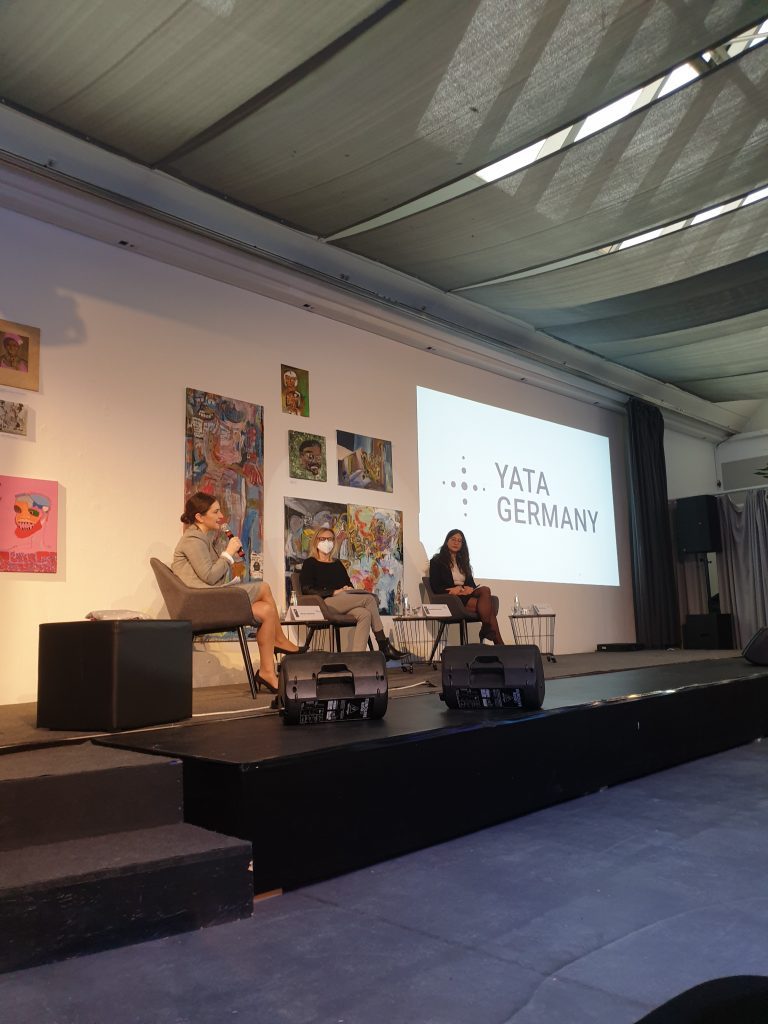
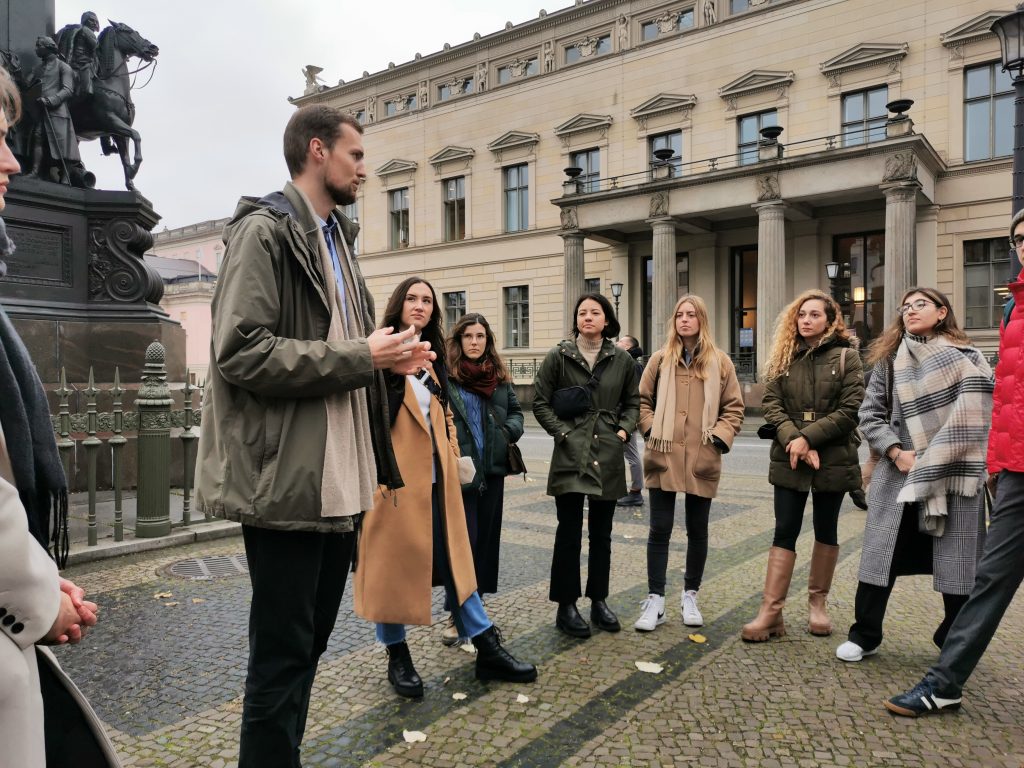
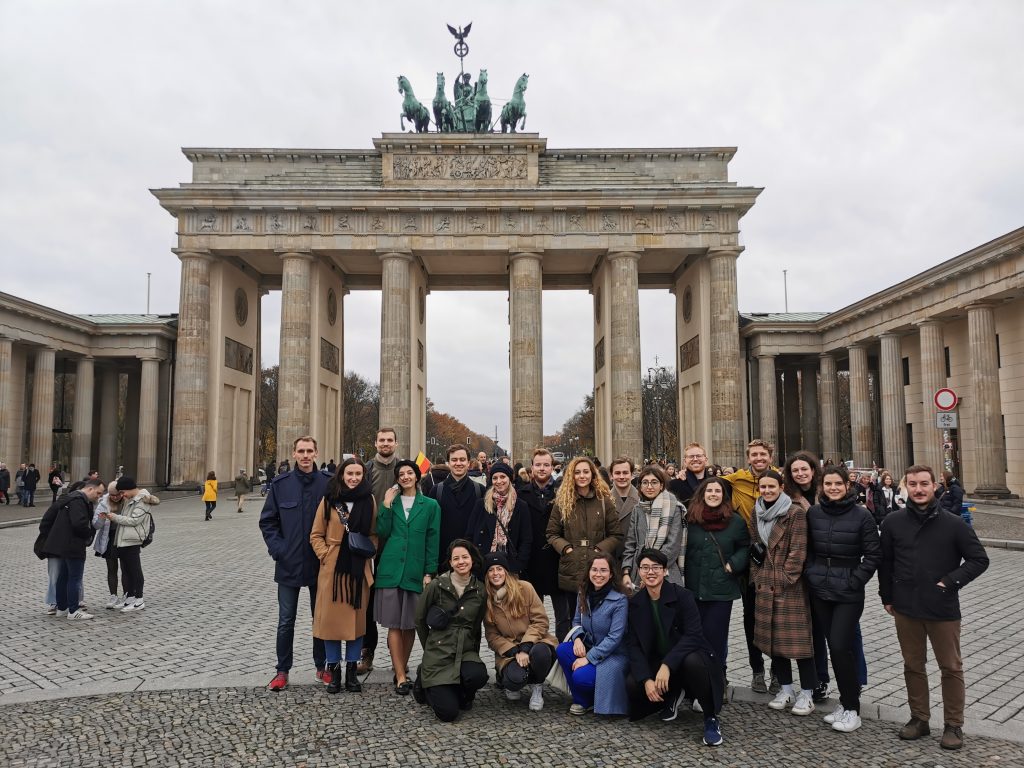
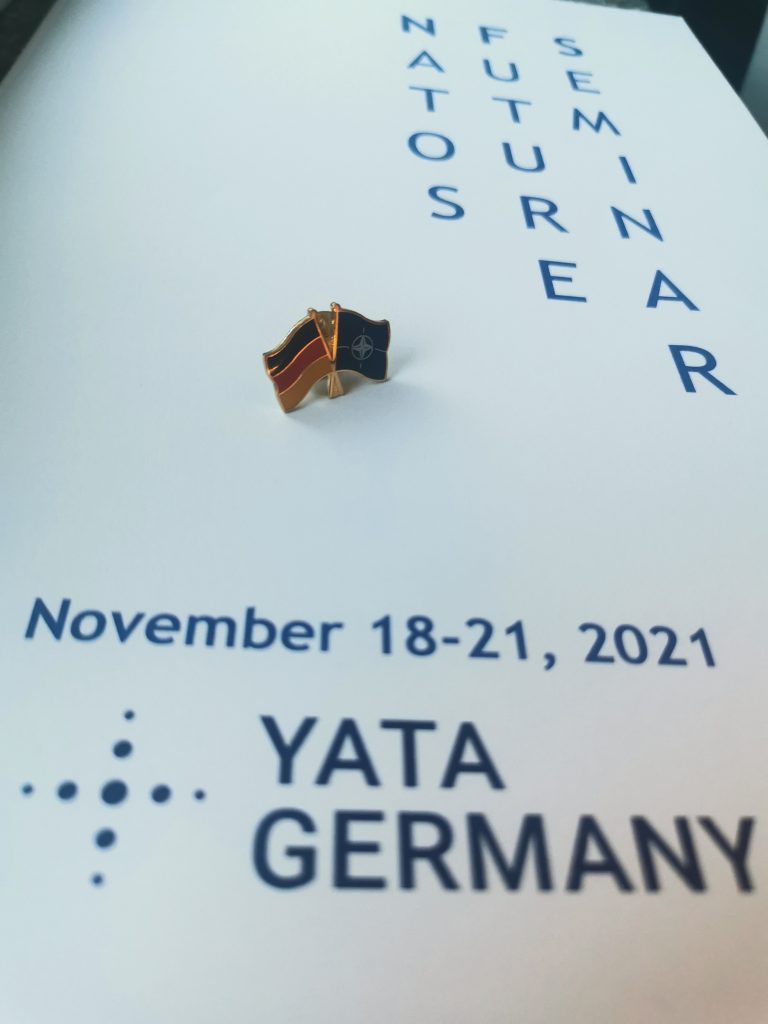
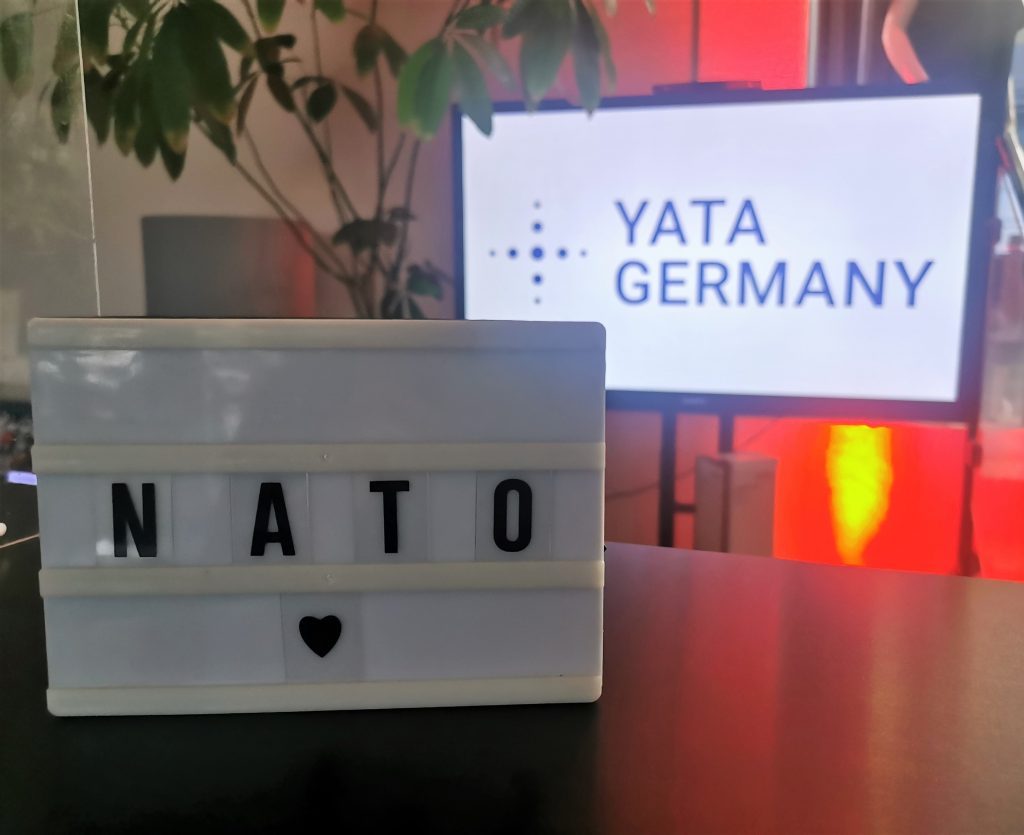
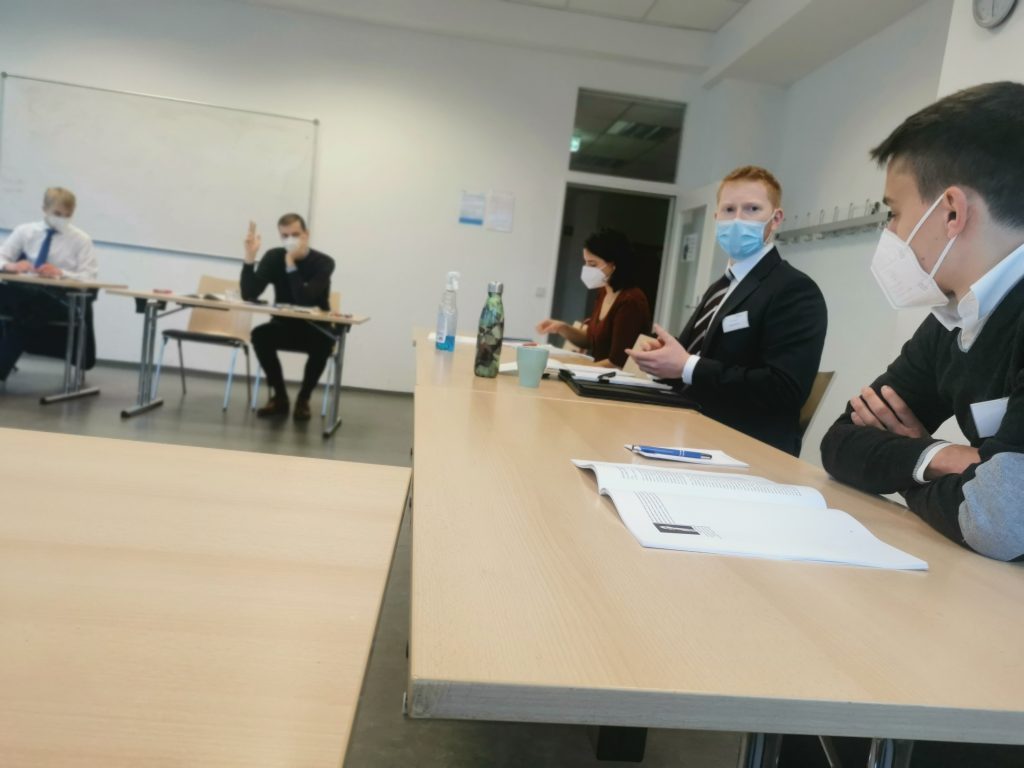
rpt 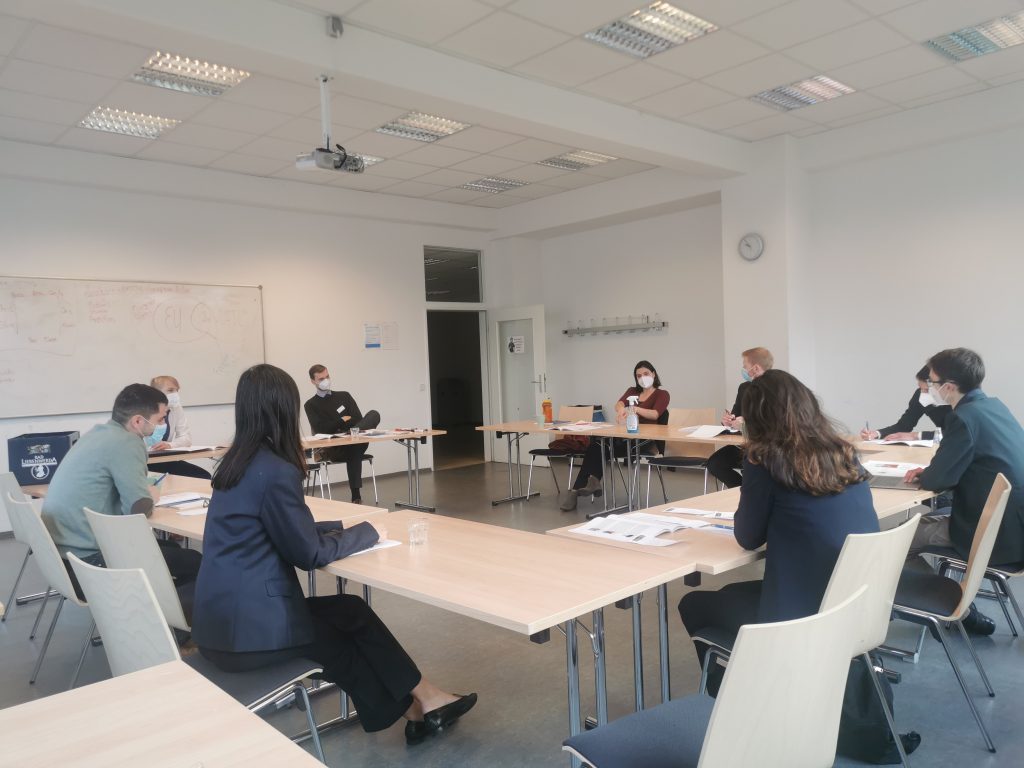
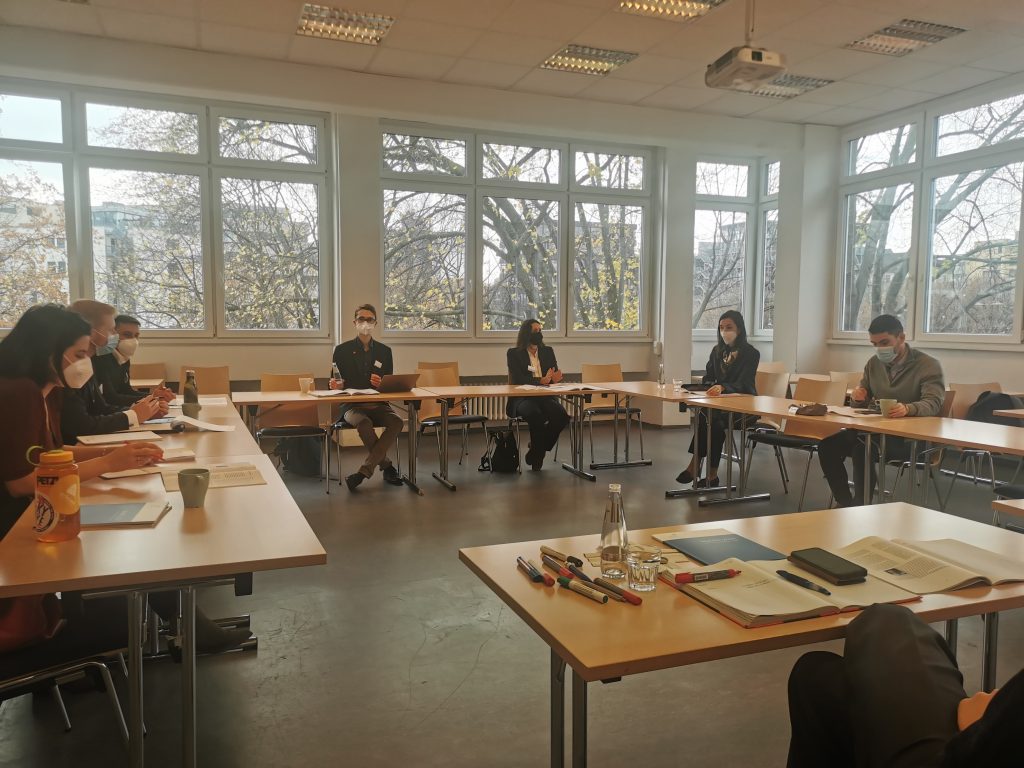
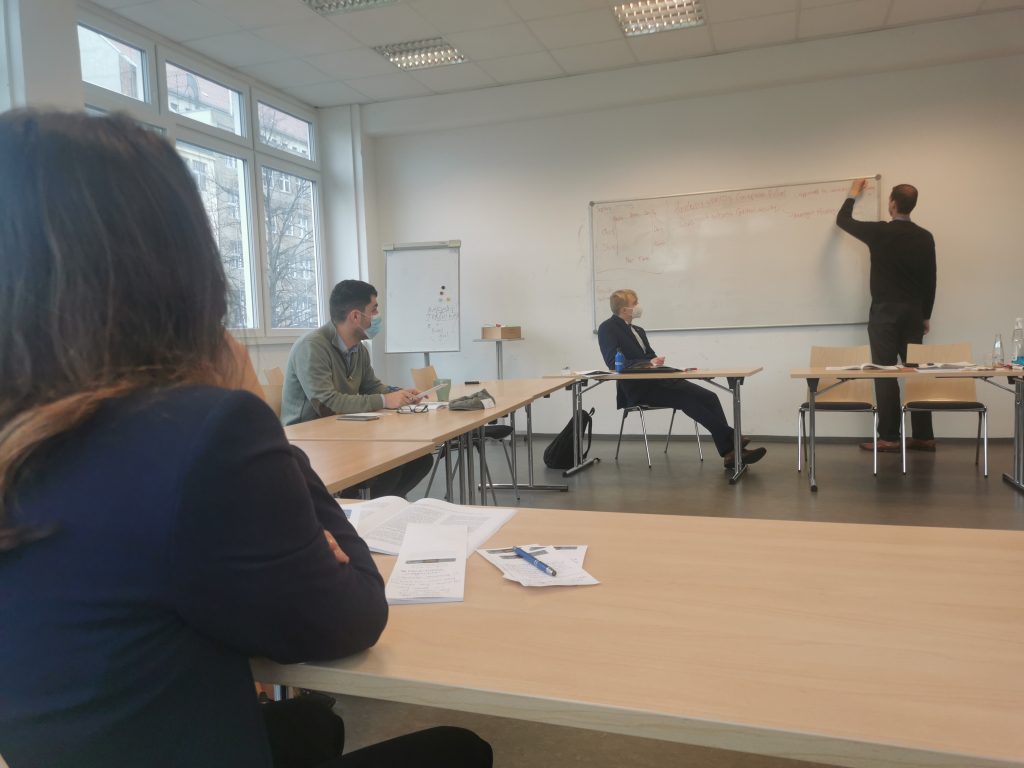
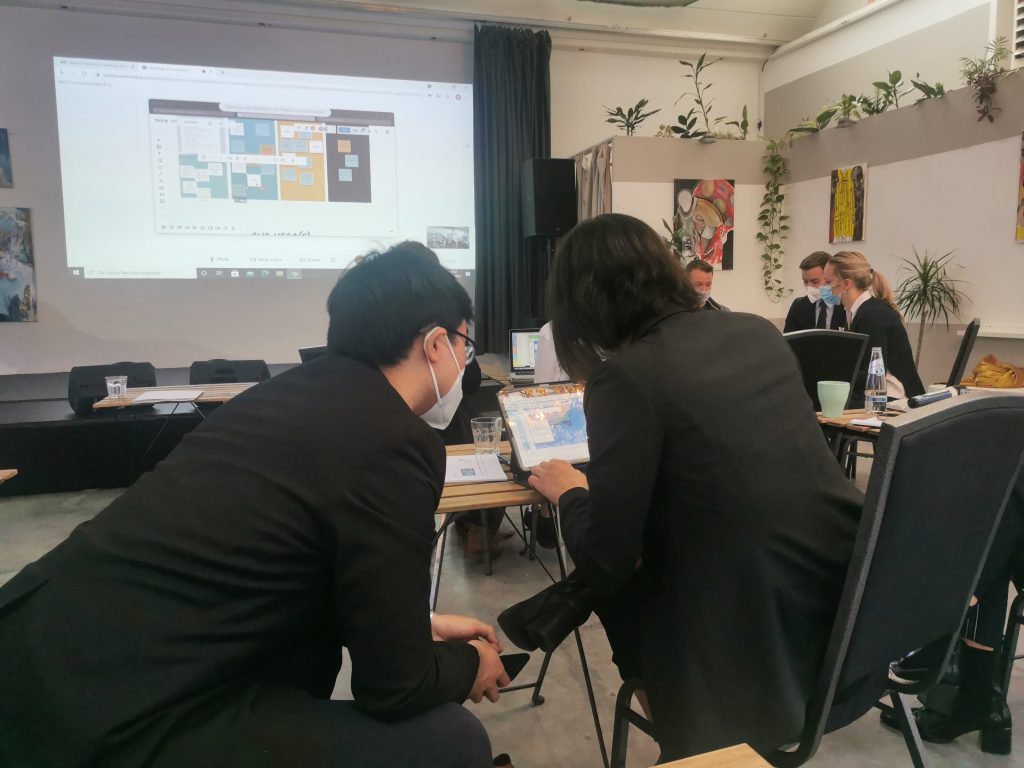
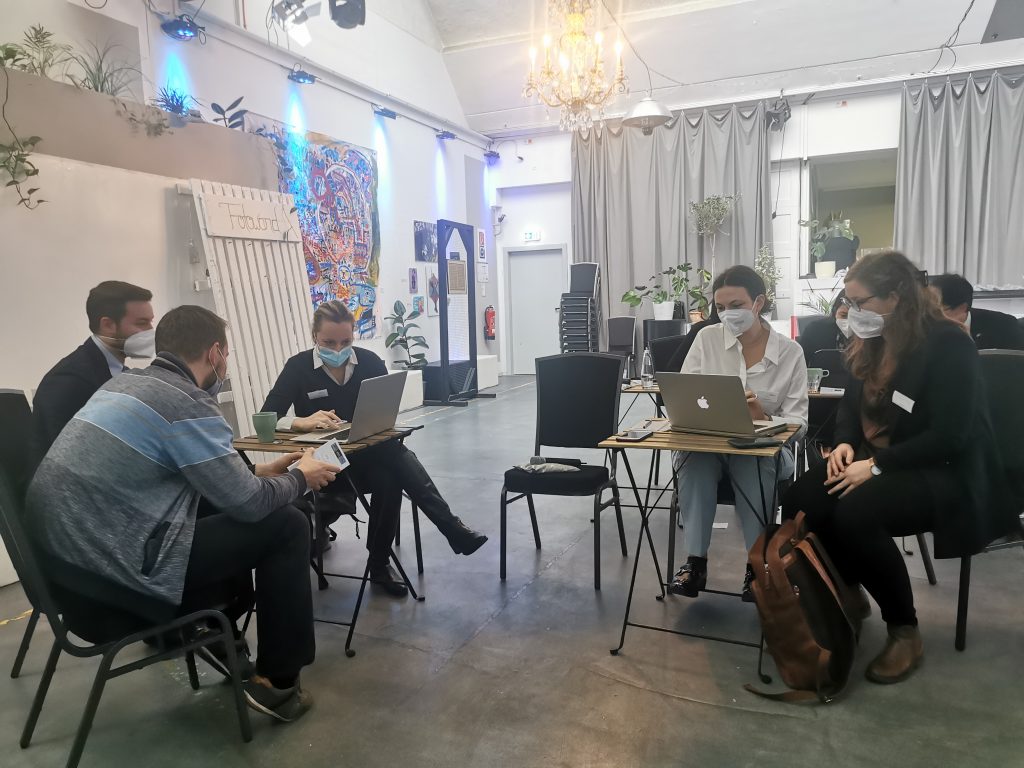
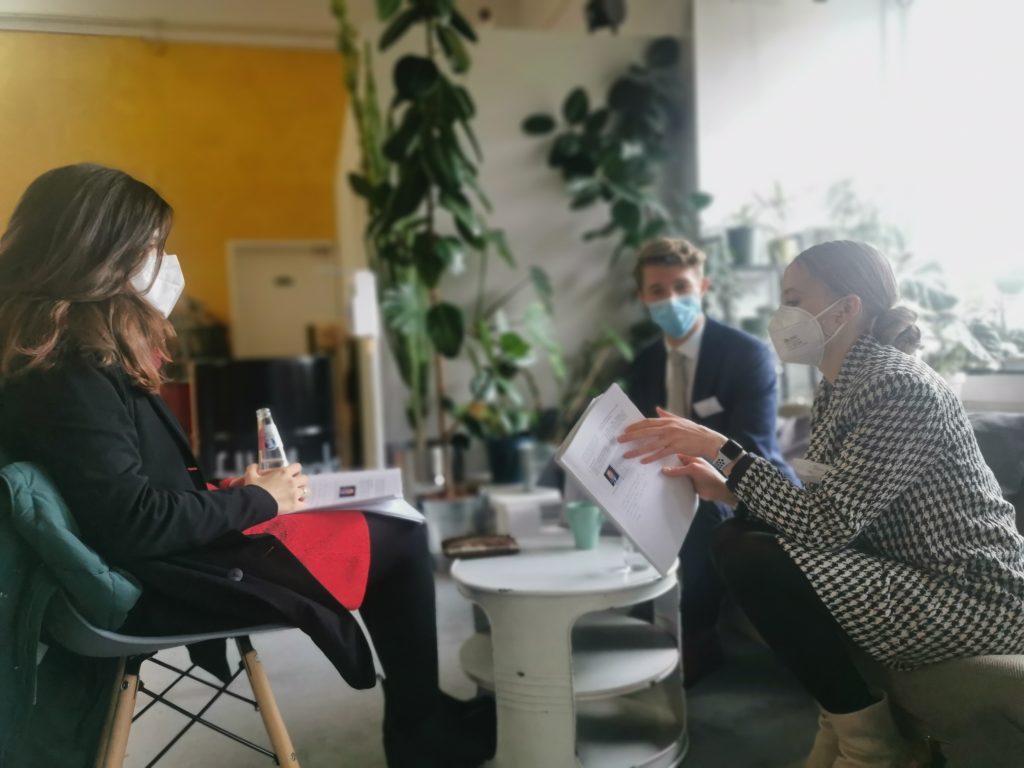
rpt 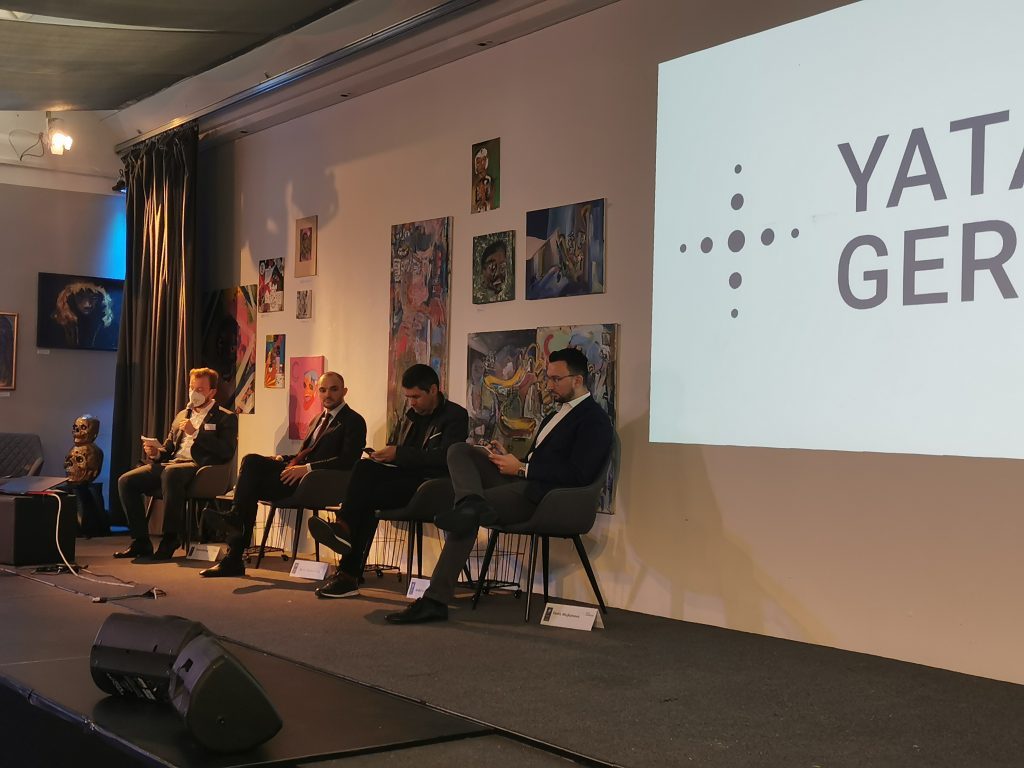

rpt 